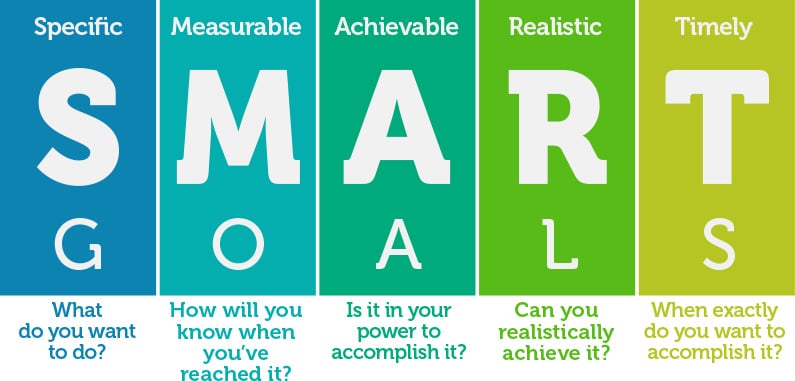
What happens next depends on the results of your assessment. Triage ensures people with the most serious conditions are seen first. The process is carried out on all patients attending A&E. Once you've registered you'll generally be pre-assessed by a nurse or doctor before further actions are taken. The hospital may be able to call a Learning Disabilities Liaison, a member of their liaison psychiatry team, or provide any other assistance you or your carer may need. If you need special assistance because of a physical or mental disability then you should let staff know right away. You may be asked to go straight to the children's area where your child can be registered and assessed Some hospitals have a separate children's A&E department where medical staff are specially trained to deal with children's health issues. Once you've registered, you'll be asked to wait until you're called for your assessment. If you've been to the hospital before, the reception staff will also have access to your health records. You'll be asked a few questions such as name and address but also why you're visiting A&E. If you go to A&E by yourself, you'll need to register when you arrive. If you're not in a life-threatening or serious condition, you'll be prioritised by the A&E hospital team along with other patients waiting to be seen – arriving by ambulance does not necessarily mean you'll be seen sooner than if you had walked in to A&E. If you're seriously ill, the staff may already know because the ambulance crew will usually alert them. If you arrive by ambulance, the ambulance crew will provide the relevant details to reception and hand you over to the clinical staff. Medical staff are highly trained in all aspects of emergency medicine. What happens at A&E?Ī&E departments offer access 24 hours a day, 365 days a year.Ī&E staff includes emergency medicine doctors, nurses, diagnostic radiographers, reception staff, porters and healthcare assistants. Many hospitals have their own website and may describe the urgent and emergency care services they offer. Not all hospitals have an A&E department.
#M.e.a.t. criteria how to
Get help from NHS 111 online How to find your nearest A&E It's available 24 hours a day, 7 days a week. You can get help from NHS 111 online or call 111. This might mean you spend less time in A&E.

If you need to go to A&E, NHS 111 will book an arrival time. They will ask questions about your symptoms so you get the help you need. NHS 111 can help if you need urgent medical help or you're not sure what to do. Information: If you're not sure what to do


 0 kommentar(er)
0 kommentar(er)
